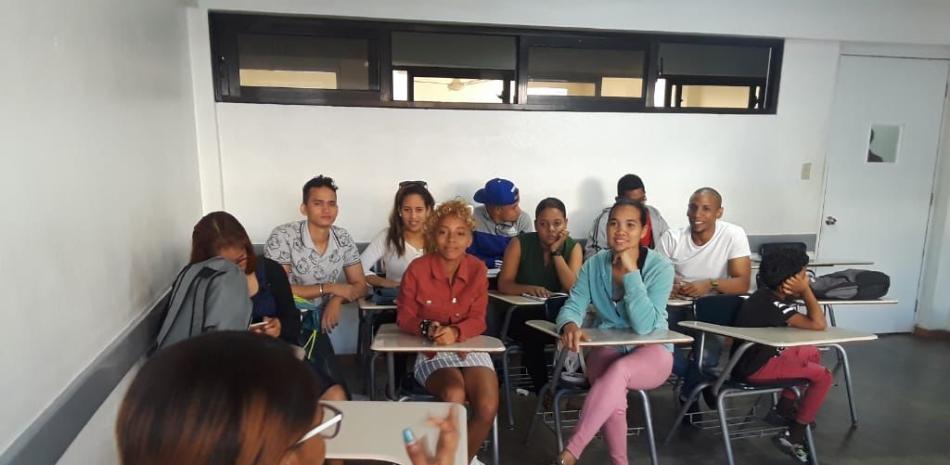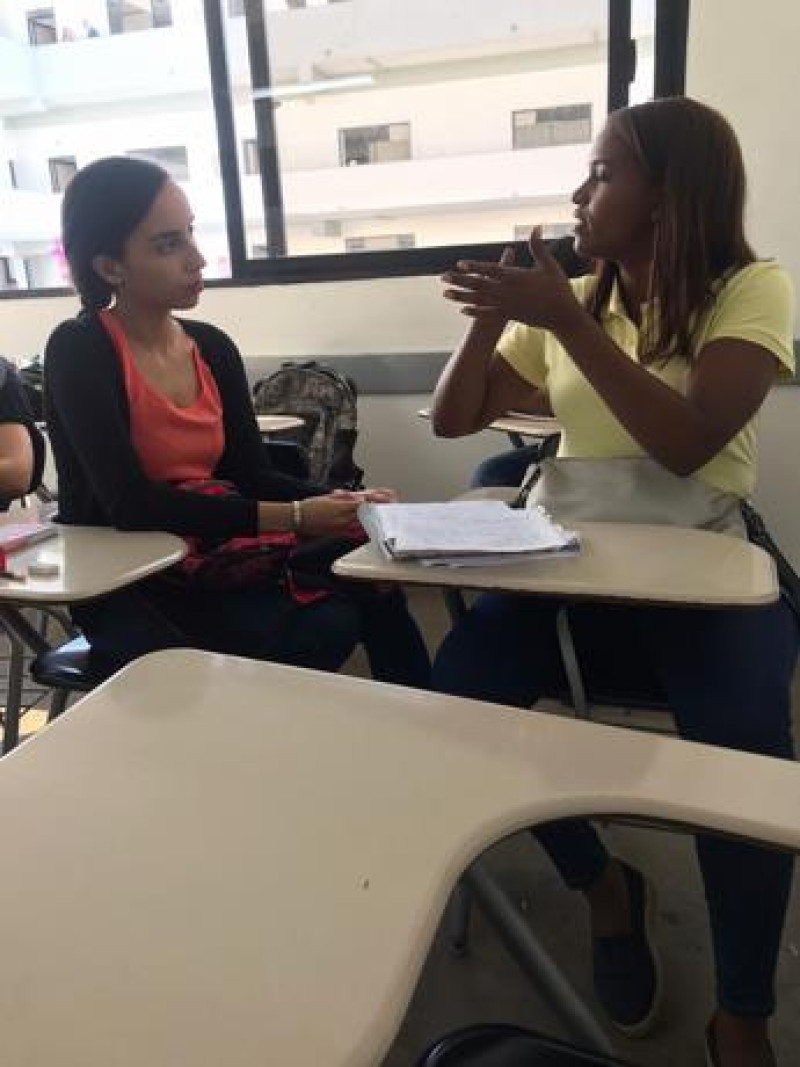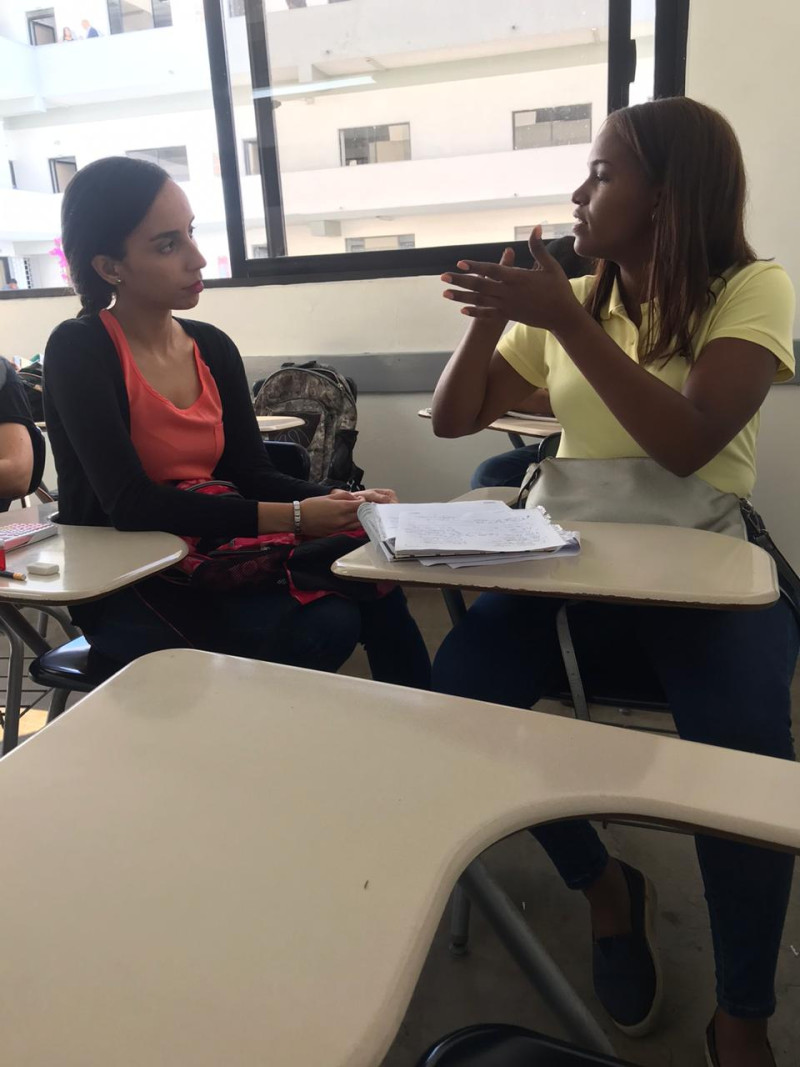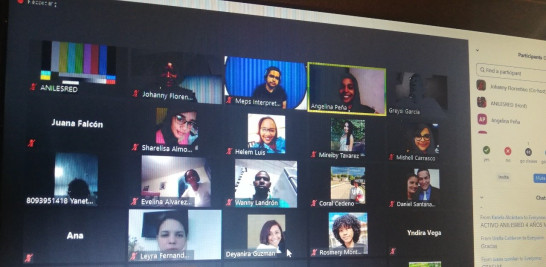Barriers of Silence
The importance of an interpreter in deaf culture

"Wait a while," they told Jose upon arriving at an emergency room. "Stop, you have to be patient and wait a while", José Hidalgo had no way to communicate his emergency, the place lacked a sign interpreter and the medical area was handled so quickly that they could not dedicate themselves to reading what he described on a paper.
There are certain people who have their job, have full hours, have commitments, work on service in offices, but they find it difficult to manage communication for everyday activities.
"If I go to a hospital or want to watch something on TV I can't understand what's going on because I can't hear, then interpretation at the government level and private institutions is important. Of course, there are programs that have it and we appreciate it, but it's just one, what about the rest?" says José, a 23-year-old with a hearing disability.
In addition to José, four other deaf people agree that the government presents interpreters on television or in cell phone content, but if they go to a company or government institution, they do not have the interpreter.
They want to communicate and they cannot, but have to write or assist with their own interpreters.
"Managing communication with government institutions or service companies was very sad, I had to bring an interpreter to have communication with service providers," says Adriel Lamarche, a friend of José's.
But not everyone can afford to pay an interpreter. Priscila Taveras, a Special Education student and teacher of the remote classes on television, says that prices vary according to the time and abilities of the person who does it.
According to Taveras, the cost can range from RD $300 to RD $600 an hour. But also the place, knowledge and skills of the interpreter influence the price. Some charge from RD $1,000 to RD $2,000 an hour.
Even if it's for higher education institutions, an interpreter can cost more than college tuition.
Inclusive country
Visiting a hospital, engaging in dialogue with a law enforcement officer, vacationing in a hotel, attending the supermarket or managing services in a public institution, is difficult for this community due to the lack of interpreters.
While at the labor level, many cannot accept a job or be hired because companies do not have employees who are fluent in sign language.

The same goes for schools or universities, which also do not offer the interpretation service or have enough teachers prepared to develop within the deaf culture.
According to José Hidalgo, the interpretation must be available in a general way so that the whole community is aware of what happens in everyday life and the information provided by public entities.
He also believes that he should be given the opportunity to work together, just like the listeners, for whom, according to Joseph, it's easy to say "I don't understand you," while for some others it's easier to just put deaf people aside.
As a society there is a task ahead of us that should not wait any longer. It is about breaking down the social barrier, the only one beyond the auditory one that prevents deaf people from doing their lives on an equal footing with a listener.




